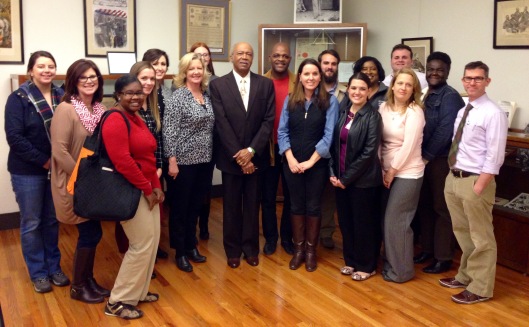Well, apologies, friends, it has been far too long since the last post. I will work on that. Today, I want to share some excellent resources for civic education during Black History Month.
The Plainest Demands of Justice (Bill of Rights Institute)
I encountered this excellent resource during the recent SOURCES conference at UCF. It is a primary source driven collection that, in the words of BRI,
“explores the efforts to realize the Founding principles of liberty, equality, and justice by exploring key periods in African American history.”
The entire collection is organized into multiple categories, and each category has a curated selection of primary sources (or playlists, because hey, have to be hip to the kids! :))
You can check out this resource here.
Civics in Real Life (Florida Joint Center for Citizenship at the Lou Frey Institute)
You may be familiar with the work of FJCC at LFI. Besides our extensive lesson plans, however, we have an ongoing weekly series called ‘Civics in Real Life’. This comes out every week and connects current events to civics concepts. We also have extensions of this series, however, and if you simply do a search for ‘black history’, you will find materials specifically developed to support instruction on figures, events, and organizations significant to black history.

To be clear, however, we cover related material throughout the course of the year, not just in February, so please feel free to take advantage of the search bar. If there is a topic not addressed that you would like covered, please feel free to reach out!
You can find the Civics in Real Life resources here.
The National Archives African American History Collection (NARA)
The National Archives has curated a great many primary sources into a strong collection for teachers to use in their classroom, covering a wide variety of cultural, social, economic, and political topics.
One of the things I like is that they have compiled a set of lesson plans that you can adapt for use in your classroom and with state standards and benchmarks.
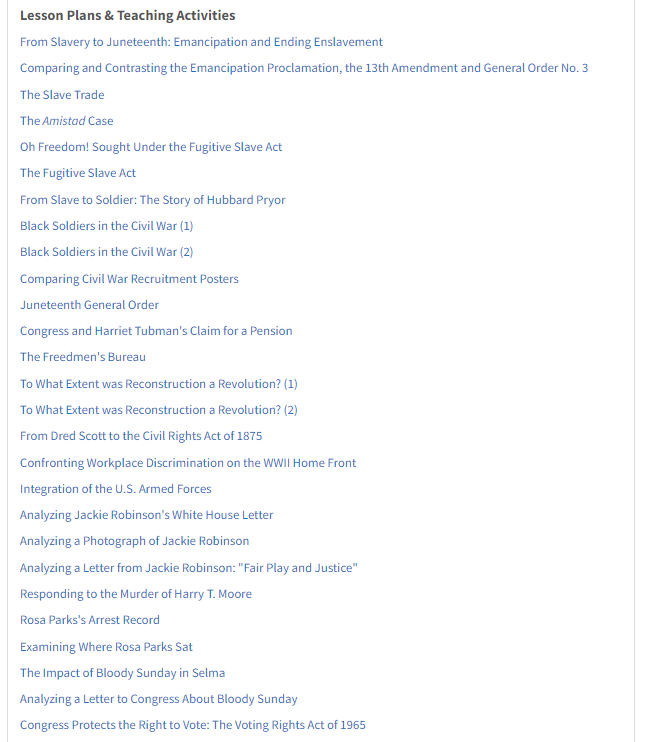
You can find the excellent NARA resources here.
Black History Month Lesson Plans from The Civics Renewal Network
We here at FJCC/LFI are proud members of the Civics Renewal Network. Our friends there have a FANTASTIC and easy to use searchable database of resources, and of course you can find Black History Month resources there as well, including a curated collection from Share My Lesson.
Be sure to take advantage of the search feature to find some excellent resources that you can use.
Check out the Civics Renewal Network here.
Black History Month Lessons, from iCivics
If you teach civics, you are likely pretty familiar with the resources from iCivics. Naturally, they have an excellent collection of resources for this month.
You can search the iCivics collection here.
Black History Month, from various federal agencies!
What a fantastic collaboration!
The Library of Congress, National Archives and Records Administration, National Endowment for the Humanities, National Gallery of Art, National Park Service, Smithsonian Institution and United States Holocaust Memorial Museum join in paying tribute to the generations of African Americans who struggled with adversity to achieve full citizenship in American society.
A variety of US federal agencies and museums have collaborated on providing a collection of resources for teaching black history, and it is definitely worth a look!
You can find this great collection here.
Black History Month, from the Center for Civic Education
If you teach civics, you are probably familiar too with the great stuff from the Center for Civic Education. I am a big fan of their 60 Second Civics series, personally. Well, they have also compiled a variety of great resources for Black History Month.
Be sure to check out their great stuff here.
Obviously these are just a few of the excellent resources that you can use to teach during Black History Month, and if you are in Florida, be sure to check out what is available on CPALMS. But it’s important to remember that Black history is American history, and these sorts of resources should be integrated into your instruction throughout the course of the year!










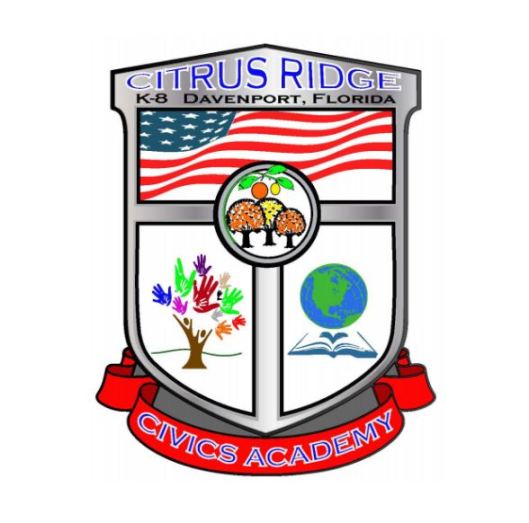

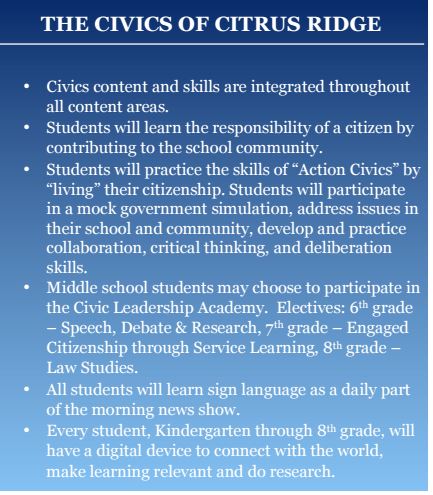
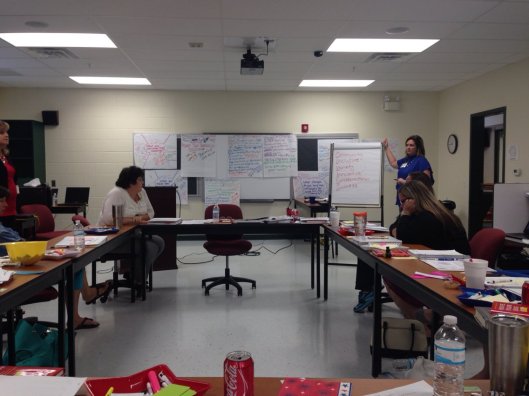
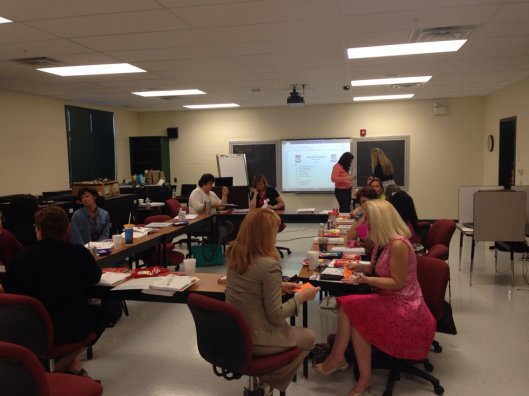
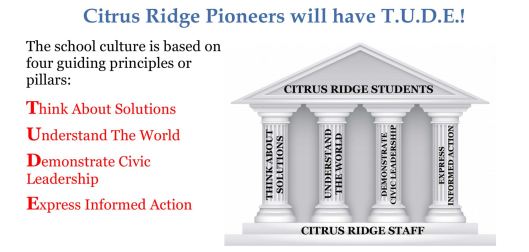
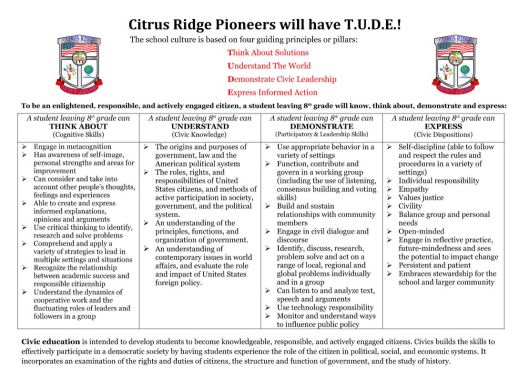
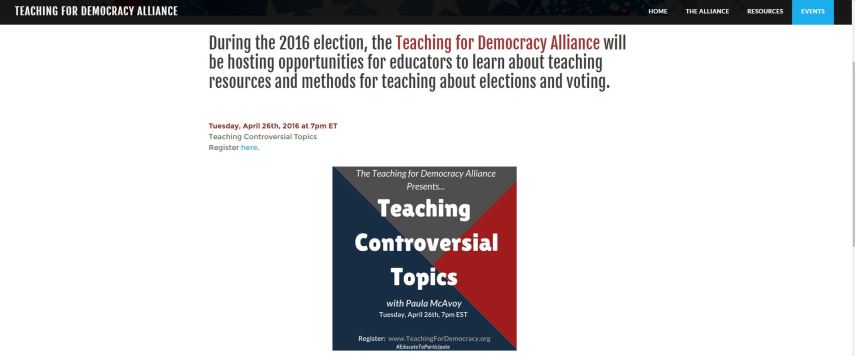
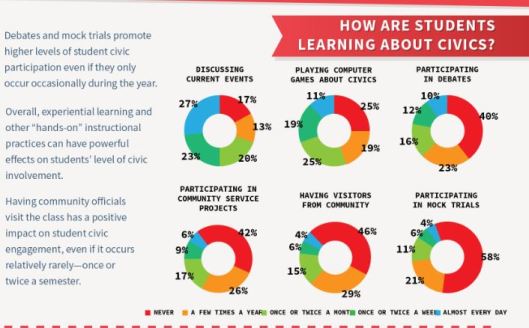 This is, perhaps, no surprise. The more students are engaged in the practices of civic life through classroom instruction, the more they are likely to engage in the practices of civic life outside of the classroom. Of course, there are caveats that must be taken into account when considering this data. For example, it is highly unlikely that 10% of students are taking part in debates every day. I do not find it surprising however that 40% of students said that they NEVER engage in debate in the classroom, and that 58% of students never participate in a mock trial (though students in Florida are SUPPOSED to experience the jury process. See SS.7.C.2.3—Experience the responsibilities of citizens at the local, state, or federal levels) . In my experience, some teachers are uncomfortable with the structure of debates and simultations and the possibility that there could be controversial (and possibly job-threatening, especially in a state with no tenure) topics involved. And of course, there is the time factor!
This is, perhaps, no surprise. The more students are engaged in the practices of civic life through classroom instruction, the more they are likely to engage in the practices of civic life outside of the classroom. Of course, there are caveats that must be taken into account when considering this data. For example, it is highly unlikely that 10% of students are taking part in debates every day. I do not find it surprising however that 40% of students said that they NEVER engage in debate in the classroom, and that 58% of students never participate in a mock trial (though students in Florida are SUPPOSED to experience the jury process. See SS.7.C.2.3—Experience the responsibilities of citizens at the local, state, or federal levels) . In my experience, some teachers are uncomfortable with the structure of debates and simultations and the possibility that there could be controversial (and possibly job-threatening, especially in a state with no tenure) topics involved. And of course, there is the time factor!


